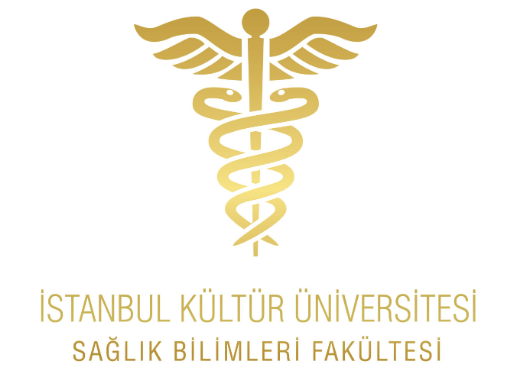Iron deficiency and use of iron prophylaxis in preterm and low birth weight infants
DOI:
https://doi.org/10.33308/2687248X.202351258Keywords:
Anemia, iron deficiency, premature infants, low birth weight infantAbstract
Preterm babies which defined as born before 37 weeks of gestation are at higher risk of iron deficiency and iron deficiency anemia than term infants born on time. Preterm babies are deprived of iron transferred in the third trimester due to early birth. This results in lower postpartum iron stores and increases the need for iron due to proportionally rapid growth after birth. İron is an essential nutrient for the growth and development of the body therefore, it has been associated with many health problems that can develop due to deficiency. It can cause irreversible cognitive disorders, especially on brain. According to the current researches it is supported that the use of supplements to improve iron status despite the risk of iron overload. However, there is no consensus about the amount of dose and the usage age of iron. Since preterm babies have immature antioxidant systems, excessive intake of prooxidant iron can cause many health problems. For this reason,overuse of iron must be avoided and balanced supplement should be carried. In addition, It is important provide enough energy, protein, vitamin and mineral to preterm babies for healthy growth. Although breastmilk’s bioavailabity is high during lactation it contains less iron which is insufficient to improve the infant's iron The use of breastmilk and formula that is fortified with iron is among the recommendations. In this review study, it is aimed to evaluate the effects of iron supplementation in the treatment of iron deficiency for newborn preterm infants.
Downloads
Published
How to Cite
Issue
Section
License
Copyright (c) 2023 Journal of Health and Life Sciences

This work is licensed under a Creative Commons Attribution-NonCommercial-NoDerivatives 4.0 International License.


